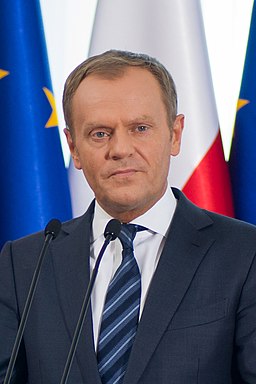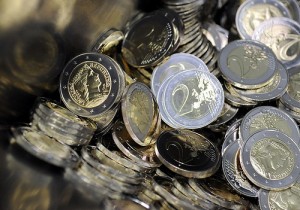
Current Polish prime minister Donald Tusk has been designated as the next president of the European Council and as such tasked with chairing the meetings of the council which consists of the heads of government of the European Union member states as well as being the figurehead of the EU, a role he will officially take over from current president Herman Van Rompuy on December 1.
The selection of Tusk, an influential and high-profile liberal-conservative politician from one of the newer EU member states of central Europe could be seen as an acknowledgement of the growing importance of central and eastern Europe in European affairs, with Poland emerging as the regional heavyweight.
